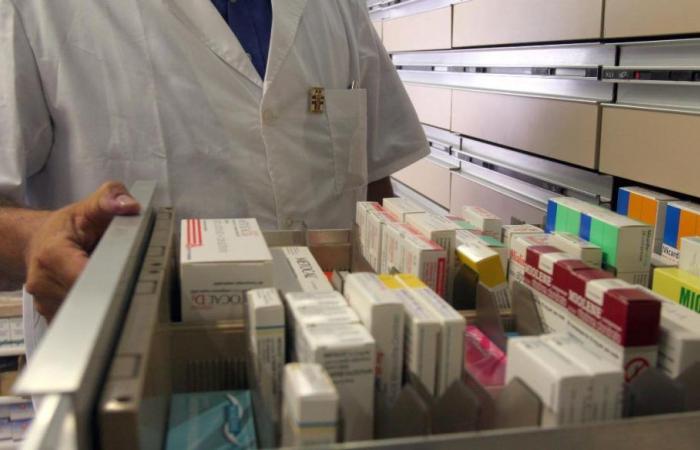A group of British economists have put forward a unique proposal to counter the growing threat of drug-resistant superbugs. The proposal, detailed in a study published in the International Journal of Industrial Organization, suggests the introduction of a Antibiotic taxThe researchers involved come from the University of East Anglia (UEA), Loughborough University and E.Ca Economics University.
The alarm of antimicrobial resistance
The phenomenon of antimicrobial resistance represents a significant problem for global health, which currently causes circa 700.000 deaths per year. If not addressed properly, it is projected to cause up to 10 million deaths annually by 2050, with economic losses reaching $100 trillion.
Farasat Bokhari, a co-author of the study and a lecturer at Loughborough University, described antibiotic resistance as a “potential time bomb for healthcare.” Bokhari said that a tax on antibiotics would not be imposed on patients, but on GPs, some of whom might be inclined to over-prescribe the drugs.
The goals of antibiotic taxation
The initiative aims to reduce the use of broad-spectrum antibiotics, known to promote the development of resistant bacteria, and instead encourage the use of narrow-spectrum antibiotics, which target the specific pathogen identified through diagnostic tests.
Using data on monthly antibiotic sales in UK pharmacies collected over the past decade, researchers assessed the impact of two taxation models:
- Universal 20% taxation: A 20% tax on all antibiotics would reduce overall antibiotic use by 12.7%, with a 29.4% reduction in broad-spectrum antibiotic use. However, this would result in an estimated welfare loss to consumers of around £19.9 million per year in the UK.
- Selective taxation of 20%: Applying the same tax only to broad-spectrum antibiotics would lead to a 37.7% reduction in their use, with an overall reduction in antibiotic use of 2.38%. In this case, the welfare loss to consumers would be limited to £4.8 million per year.
Weijie Yan of E.Ca Economics, the study’s lead author, noted that the welfare loss from taxation is relatively small compared to the expected social costs in terms of deaths and economic losses caused by superbugs. Bokhari added that despite differences between the tax regimes examined, estimates suggest that these policies could be highly effective in managing demand for antibiotics.
The position of the Italian Ministry of Health
There is also the problem of antibiotic resistance in Italy: according to the Ministry of Health, in fact, in 2022, three out of ten people received at least one prescription for antibiotics, with a higher frequency in children up to 4 years old and in people over 75. However, the latest report from AIFA shows that in Italy the consumption of antibiotics in 2023 fell by 3.3 percentage points compared to 2020, even if consumption is still above the limits of many other European countries.
To address this emergency, a information and awareness campaign in collaboration with the Italian Medicines Agency (AIFA) and the Publishing Department of the Presidency of the Council of Ministers. This initiative aims to promote a responsible use of antibiotics through the dissemination of educational messages on various communication channels, including television and radio. Journalist Francesca Fagnani was chosen as the protagonist of the commercial.






